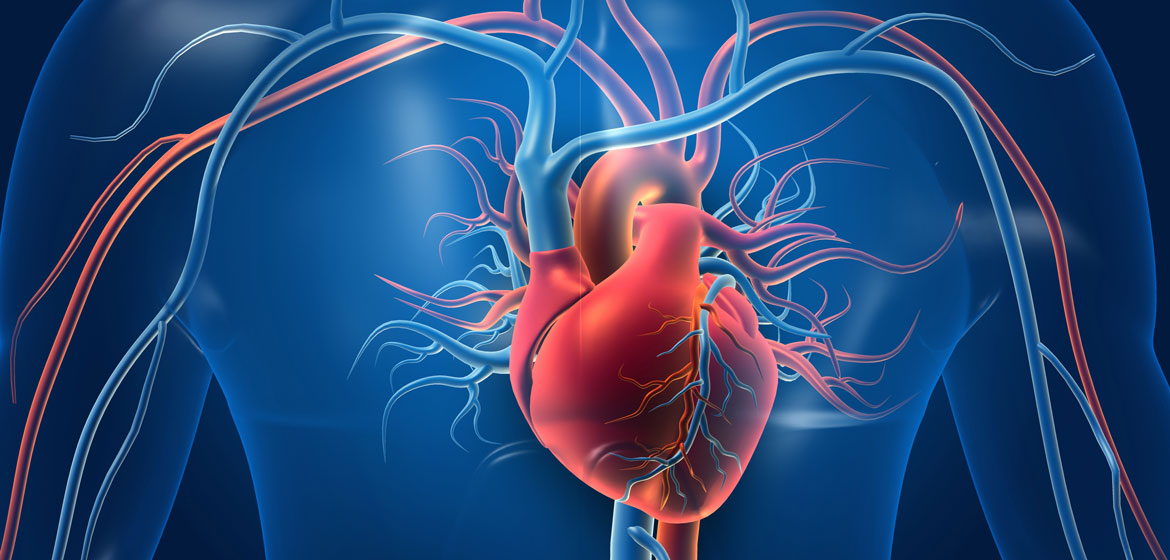Coronary artery disease (CAD) is a condition that affects the arteries that supply the heart with blood. When plaque builds up in these arteries, it can restrict blood flow to the heart and lead to a heart attack. While surgery is a standard treatment option for CAD, there is also heart blockage treatment without surgery that can effectively manage the disease. Exploring non-surgical options is essential for patients who may not be good candidates for surgery or prefer non invasive treatment for heart blockages.
Non-Surgical Procedures for CAD
Two standard non-surgical procedures for CAD are angioplasty and stenting. Angioplasty involves using a balloon-tipped catheter to widen the narrowed artery and improve blood flow. Stenting involves placing a metal mesh tube in the artery to keep it open.
The benefits of these procedures include improved blood flow to the heart, reduced chest pain, and decreased risk of a heart attack. However, there are also risks to consider, such as bleeding, infection, and damage to the artery.
Good candidates for heart blockage treatment without surgery are typically those with blockages causing symptoms or those at high risk for a heart attack. It is essential to consult with a healthcare professional to determine if these procedures are appropriate and to discuss potential risks and benefits.
Ayurvedic Heart Blockage Treatment
Ayurvedic medicine is a traditional system of medicine that originated in India thousands of years ago. Its approach to treating heart disease involves balancing the body’s natural energies through diet, lifestyle changes, and herbal remedies.
There are several types of Ayurvedic treatments for heart blockages, including panchakarma (a cleansing and rejuvenating treatment), yoga, and herbal supplements. These treatments reduce inflammation, improve circulation, and promote overall health and well-being.
The benefits of an ayurvedic heart blockage treatment include a natural and holistic approach to healing, improved overall health, and reduced risk of side effects compared to conventional medical treatments. However, there are also potential risks, such as drug interactions and lack of regulation in producing herbal supplements.
Good candidates for an Ayurvedic heart blockage treatment are patients with mild to moderate CAD looking for a natural and holistic approach to managing their condition. It is essential to consult with a qualified Ayurvedic practitioner and inform all healthcare providers of any Ayurvedic treatments.
Comparison of Non-Surgical and Ayurvedic Treatments
Non-surgical and Ayurvedic treatments for CAD differ in their approach and potential risks and benefits. Non-surgical procedures offer a more immediate solution to blocked arteries but have potential hazards such as bleeding and infection. Ayurvedic treatments take a more holistic approach to healing. They may be more appealing to those looking for a natural solution. Still, they lack the immediate benefits of non-surgical procedures and may not be suitable for those with severe CAD.
When deciding between the two treatments, it is essential to consider factors such as the severity of the CAD, individual preferences, and potential risks and benefits. Consulting with a healthcare professional and an Ayurvedic practitioner can help inform the decision and ensure safe and effective treatment.
CAD is a severe condition that requires proper management and treatment. Non-surgical procedures such as angioplasty and stenting can effectively improve blood flow to the heart and reduce symptoms. In contrast, Ayurvedic blockage treatments offer a natural and holistic approach to healing. It is essential to explore all treatment options and consult with healthcare professionals to determine the best action for individual needs and preferences.




